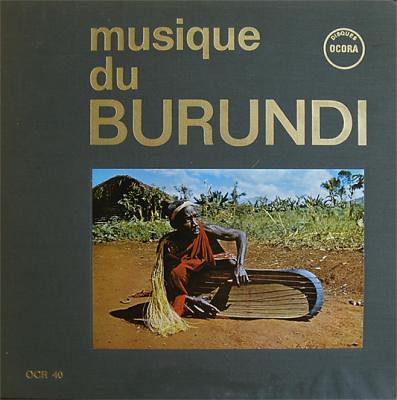Pharoah turns 67 today.
Thembi (1971) – Pharoah Sanders
(with on the cover I believe, Lonnie Liston Smith)
Pharoah Sanders (born October 13, 1940) is an American jazz saxophonist. Ornette Coleman once described him as “probably the best tenor player in the world.” Most of Sanders’ best-selling work was made in the late 1960s and early 1970s for Impulse Records, including the 30-minute wave-on-wave of free jazz “The Creator has a Master Plan” from the album Karma. Sanders’s works influenced a new generation when his music was a major influence on the British acid jazz scene from the late 1980s and 1990s. Most recently his work was compiled on You’ve Got to Have Freedom, which features my favorite and the most danceable and accessible track of Sanders: the 1980 You’ve Got to Have Freedom, which is number 8 in my World Dance Music Classic series.
[Youtube=http://www.youtube.com/watch?v=FdTgH1u7cmM]
World Dance Music Classic #8
Previous World Dance Music Classics




